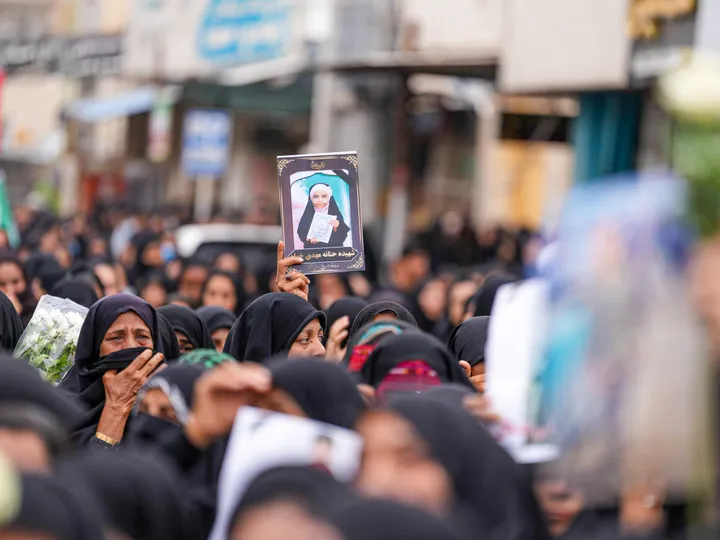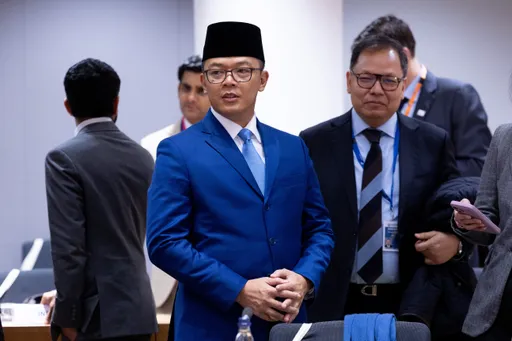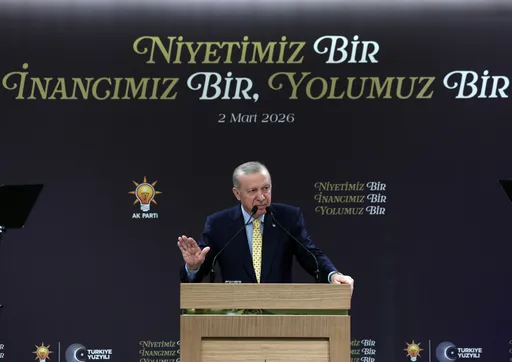Eight million Muslims in Kashmir have been living under Indian military security lockdown for more than eighty days now as part of the Indian government’s strategy to quell international condemnation against its sudden move to launch what many describe as a “Hindu nationalist-settler-colonial project” in the disputed territory.
Kashmir has had its self-autonomous status stripped away undemocratically in a secretive, behind-closed-doors process by what is essentially India’s shadow government – the Rashtriya Swayamsevak Sangh (RSS) – a Hindu nationalist, paramilitary organisation. Political and civic leaders have been arrested and stood down, residents are denied freedom of movement and access to phone and internet communications.
Silence and submission is the first phase of New Delhi’s strategy. The next is concerned with normalisation, which requires convincing the international community that the Indian military’s heavy-handed security measures in the disputed territory are reasonable, rational and sound.
On Tuesday, a group of mostly far-right members of the European Parliament (EU) took part in an all-expenses-paid guided tour of Kashmir at the behest of an obscure Indian NGO, the Women’s Economic and Social Think Tank (WESTT). While the visit carried the appearance of a private affair, it was more like an official state visit, given the visitors were greeted by Prime Minister Narendra Modi and National Security Advisor Ajit Doval.
The aim of the visit is evident to anyone who has observed Israel’s efforts to create a smokescreen for its human rights violations in the occupied Palestinian territories. This is how it goes; Western politicians who have established their careers on expressed animosity and hostility towards Muslims and refugees provide a glowing report of Israel, or in this case India’s draconian and anti-democratic security measures in Kashmir.
Twenty of the twenty-seven visiting EU lawmakers belong to far-right parties from Poland’s Law and Justice Party; Germany’s AfD; Spain’s VOX party; France’s National Rally party, and Britain’s pro-Brexit movement.
Last year, Al Jazeera’s investigative unit found links between National Rally and a group demanding the expulsion of all Muslims from Europe, while VOX openly advocates for the deportation of tens of thousands of Muslims from Spain; AfD has ties to Muslim hating neo-Nazi groups and calls for Muslim refugees to be removed from Germany; and Poland’s Law and Justice is best known for its staunchly anti-immigrant and ultranationalist sentiments.
Chris Davies, an MP with the UK’s Liberal Democrats Party, however, had his invitation withdrawn after he insisted on being allowed to speak freely with locals and move throughout the territory unrestricted and unaccompanied by Indian military chaperones.
“I’m not prepared to take part in a PR stunt,” Davies told India’s Hindustan Times.
“What is it that the Indian government has to hide,” he asked. “Why will it not give journalists and visiting politicians free access to speak with local people? It’s very clear that the democratic principles are being subverted in Kashmir, and the world needs to start taking notice.”
Earlier this month, New Delhi blocked a United States senator, Chris Van Hollen from travelling to Kashmir to see the realities of the situation for himself, and as it continues to deny access to many of its own elected lawmakers.
The Indian government is doing whatever it takes, and in spite of its boasted democratic norms, to present the world with a one-sided view of the current situation in Kashmir.
The legendary Bangladeshi photojournalist Shahidul Alam was denied a visa to visit India for the first time in his career because of comments he made that were critical of New Delhi’s moves in Kashmir.
One week after the denial, he told me, “India is no longer a secular democracy. It was in the past, and for a long time, we looked at India as a democracy we could respect, but the democratic structure that held it together is no longer there."
The visit by twenty-seven European Parliament members to Kashmir, which is designed to give New Delhi’s anti-democratic moves a veneer of legitimacy, not only hastens India’s slide towards fascism or majoritarian rule but also undermines democracy on the European continent.
There’s little doubt these xenophobic European visitors to Kashmir will return to their respective homes with glowing praise for India’s 'security measures' and further talking points that falsely tie Islam to terrorism and locate Muslims a referent object in security discourse.
European liberal democracies already find themselves trapped in an “intelligence dilemma,” whereby democracies “must balance the provision of good security with respecting civil liberties,” according to Professor Julian Richard, a terrorism scholar at The University of Buckingham.
Political demands to expand mass surveillance strategies against ‘undesirable’ communities further tip the scales towards the erosion of democratic norms and institutions.
India’s ruling party has sabotaged the country’s secular democratic character by portraying the Hindu majority to be locked in a do-or-die struggle with non-Hindu religious minorities, particularly Muslims, a political strategy that’s also being deployed by far-right political parties in Europe to create division between white Europeans and non-white immigrants.
Should India’s actions in Kashmir become normalised as politics as usual in the minds of European voters, then how long before the continent returns to its darkest days when it was considered “reasonable” to lock targeted religious minorities in open-air prisons, the same way India has incarcerated 8 million Muslims?























